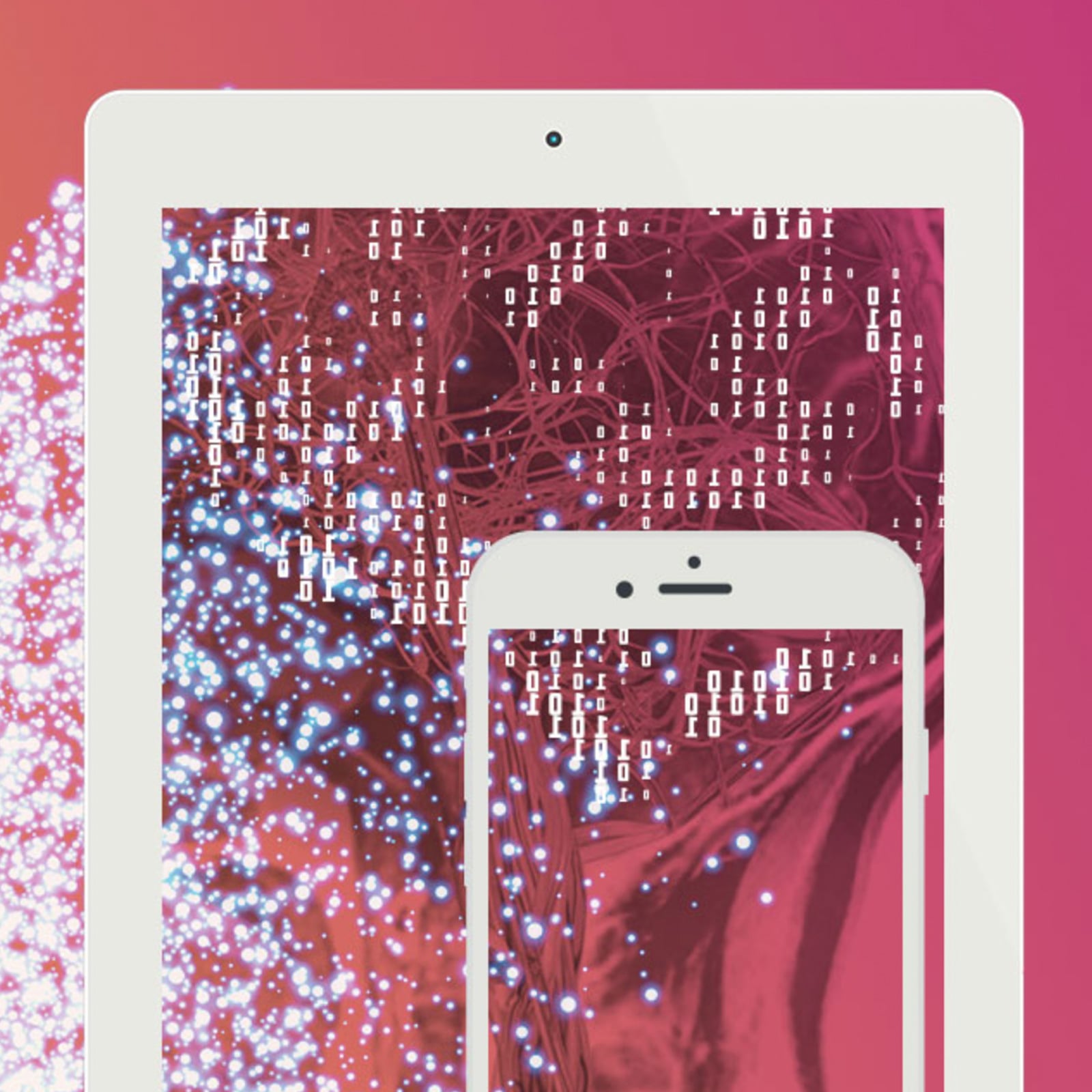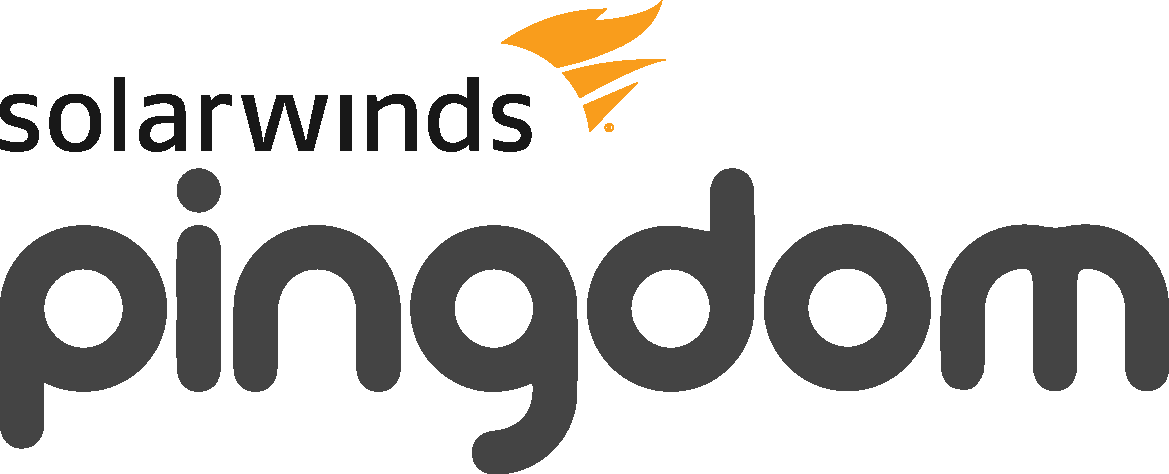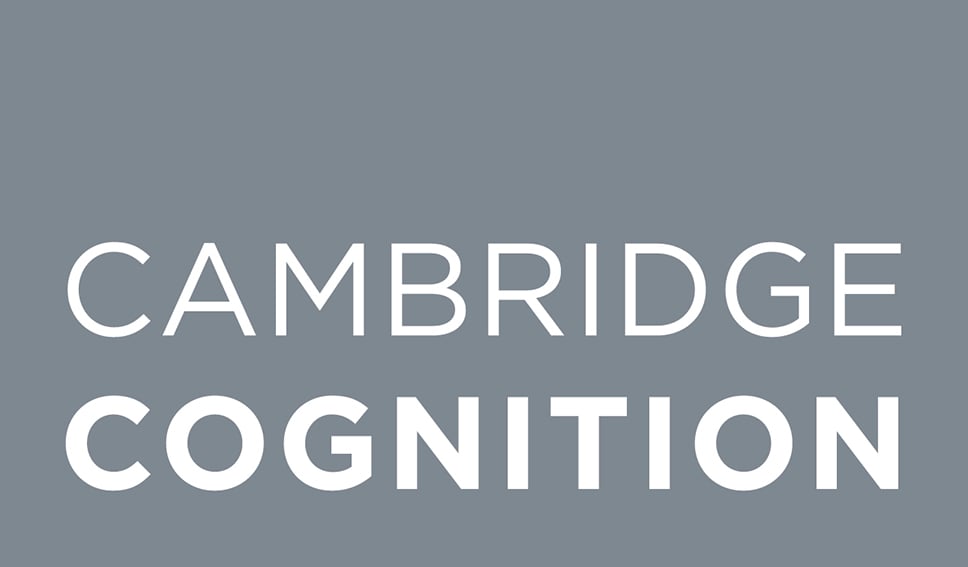
Size: 1 - 100 employees
Industry: Technology
Location: Bottisham, United Kingdom
Customer Since: 2017
Key Integrations:

Cambridge Cognition is a UK-based, neuroscience technology company that helps healthcare organizations better quantify the cognitive health of patients by using scientifically validated digital health solutions. From complex digital health assessment tools to intuitive mobile applications for drug development, Cambridge Cognition assesses hundreds of thousands of patients in over 100 countries.
Much of the company’s technology assists with measuring specific cognitive functions during clinical trials. For example, if a pharmaceutical company wants to develop a new treatment for Alzheimer’s, they need a way to measure the impact of the drug in trials, and Cambridge Cognition provides the technology to help make that possible.
Chief Technology Officer Ricky Dolphin is responsible for Cambridge Cognition’s software development and product management teams, focusing primarily on providing product direction and technical strategy, as well as making sure products meet quality and regulatory standards. Working with customers in the academic, life sciences, insurance, and healthcare fields, Dolphin’s vision for Cambridge Cognition is to one day build a tool that makes it just as easy to test a patient’s cognitive function as it is to test their blood pressure. “Cambridge Cognition is at the forefront of a fairly young area of science. There is still so much to learn about the brain, and we continue to push forward to find new ways to study cognitive health,” explained Dolphin.
The Need for a Reliable Solution
In this highly regulated industry, Cambridge Cognition must comply with a host of regulatory requirements. For example, the Health Insurance Portability and Accountability Act (HIPAA), the EU’s General Data Protection Regulation (GDPR), and the 21 CFR Part 11 requirements all must be considered when building their state-of-the-art technology. “Building intuitive technologies for measuring cognitive health requires a lot of data,” shared Dolphin. “We have to make sure that the data we are using and collecting is secure, otherwise we could face major penalties and risk putting patient information in jeopardy.”
Using solutions that report on how participants respond to treatments in clinical trials in real time requires high reliability and minimal downtime. During clinical trials, there might be a two-minute window to capture critical information as a drug is metabolized. Uptime is therefore critical, which is why Cambridge needed not only SMS alerting but also acknowledgement of receipt from its DevOps team and escalation of issues.
Without PagerDuty’s services, Cambridge Cognition risked:
- Missing SMS messages or having slow response times to incidents, leaving some incidents backlogged and unresolved
- Uncertainty surrounding the collection of trial data without reliable testing software
“Our customers rely on us to capture time-critical information, and we want to guarantee that they will be able to do this,” explained Dolphin.
Thinking Differently With PagerDuty
Initially, Cambridge Cognition used PagerDuty for traditional alerting to notify technical responders when issues would arise within its cloud environment and server infrastructure. With PagerDuty, Cambridge Cognition was able to guarantee SMS alerting reached its responders, which helped Dolphin’s team deliver against client expectations.
For example, using PagerDuty’s integration with Pingdom, the engineering team is immediately notified if one of their systems goes down. Additionally, the team also saw an opportunity to think differently about incident management and align their use of PagerDuty more closely with patient services.
Digital Operations for Patients in Need
Cambridge Cognition also helps companies conducting clinical trials monitor suicidal ideation by using a virtual survey (filled out by the patient) to assess if a patient is having suicidal thoughts. Before PagerDuty, a clinician had to manually review these surveys and then intervene or escalate if they felt that a patient needed immediate attention. This process lacked timeliness and was prone to human error.
This information is now fed through PagerDuty’s API to continuously monitor responses for high suicidal severity ratings. If a patient is determined to be high risk, an alert is sent from PagerDuty to the appropriate clinician to notify them that this patient needs immediate attention. If the clinician doesn’t acknowledge the alert in a timely manner, then the alert is automatically escalated until an appropriate party can respond to the incident.
In addition to automating the escalation of alerts, Cambridge Cognition has seen several other benefits with PagerDuty, including:
- Helping Save Lives. Automating the manual survey response process led to faster response times, which could help save lives at risk.
- Easier Audits. Notifications and responses are audited, enabling post-incident review.
- Reliable Products. With PagerDuty’s help in keeping Cambridge Cognition up and running, pharmaceutical and healthcare customers are guaranteed secure data from their trials.
- Competitive Differentiation. Being able to escalate, acknowledge, and resolve incidents on one platform speeds up the incident response process, giving Cambridge Cognition a competitive edge.
“PagerDuty delivers real value and helps us save lives.”
– Ricky Dolphin, CTO, Cambridge Cognition
Preparing for the Remote World
COVID-19 has forced many companies to focus on digital acceleration, but this is nothing new to Cambridge Cognition. PagerDuty’s API has made it easy for Cambridge Cognition to integrate its software with PagerDuty’s platform, which has helped accelerate the company’s digital transformation. “We knew how well PagerDuty worked with our cloud infrastructure. We thought it would be great to use with our software during clinical trials. Now, we’ve been able to capture metrics that we never could have, like incident response and resolution time,” shared Dolphin.
Moving forward, Dolphin wants to expand the use of the company’s suicide monitoring and alerting software across more of its customers. He is also looking at how his teams might be able to use PagerDuty in a cost-effective manner for other clinical trials besides suicide prevention.
To learn more about how PagerDuty is helping companies transform their digital operations, visit www.pagerduty.com/customers for more information and start a 14-day free trial today.
